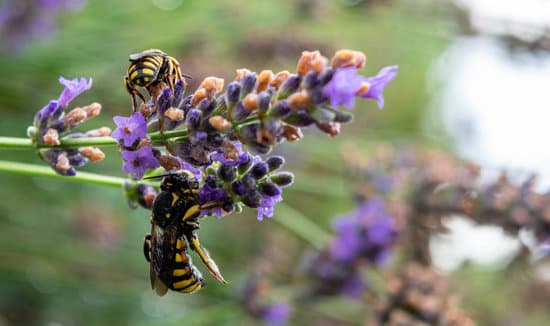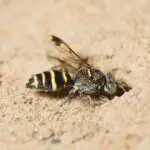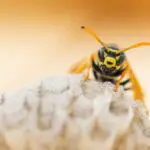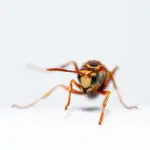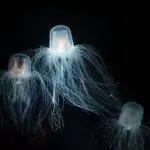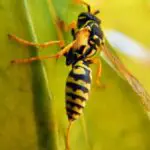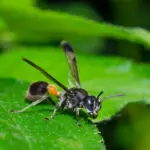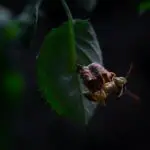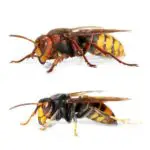How Can Wasps Help the Environment?
Despite the common belief that wasps are a nasty insect, they actually play an important role in the environment. Not only are they beneficial to our ecosystem, but they also serve as pollinators and predators. There are thousands of different wasp species that live across the globe.
In fact, there are more than 7,000 different species of wasps that live in the UK alone. They are important in the environment, especially since they help regulate the populations of various arthropods, such as flies, mosquitoes, and spiders.
One study conducted by University College London revealed that wasps contribute to the ecosystem in a variety of ways. They help to control pests, pollinate flowers, and decompose biomass. They also help to control the population of crop-devouring insects.
Wasps are also responsible for cleaning up rotting flesh. This helps to keep the environment clean. They also produce powerful antibiotics in their venom.
Wasps are also an important part of the food chain, providing nourishment for certain animals. Many wasps feed on animal carcasses and live prey. Wasps are also important in the environment because they provide pest control. Some wasps even help to protect our crops, by laying parasitic eggs in caterpillars.
Wasps are important in the environment, because they help to control pests, pollinate flowers, decompose biomass, and regulate the population of different arthropods. They are also responsible for cleaning up rotting fruit, flowers, and other decaying items.
Wasps are beneficial to the environment, because they help to control pests, and they help to protect our crops, by laying mosquito-eating parasitic eggs in caterpillars.
